After a brief retreat, Nigeria’s headline inflation seems to have resumed upward, rising by 1.05 per cent to 24.23 per cent in March. According to the National Bureau of Statistics (NBS), the rise in headline inflation was driven by food and non-alcoholic beverages, contributing 9.28 per cent.
The NBS report shows that food inflation maintained a downward trend in the period, dropping from 23.51 per cent in February to 21.79 per cent in March. Nigerians have faced a high cost of living crisis in recent times, driven by a persistent rise in inflation.
The situation has forced many households to cut expenses and focus on food for survival, with a report by SEID suggesting about 50 per cent of the population spends almost all their income on food.
Last year, the Central Bank of Nigeria (CBN) reported that households were spending 55 per cent of their income on food with little left for education, medicals and investment and savings. Over the past decade, Nigeria has witnessed a tremendous rise in price levels, with the yearly average inflation rate rising from a single digit of eight per cent in 2014 to nearly 35 per cent before the recent CPI rebasing.
Efforts by the government to force down inflation through different policy frameworks could not address the situation. Last October, the NBS said it had decided to rebase the CPI, citing changing patterns of consumption as a reason.
It said that this is evident in the changes in the proportion of households’ expenditures on items consumed in its 2023 Nigeria Living Standards Survey (NLSS).
Following the rebasing, the inflation rate dropped to 24.48 per cent in January. A professor of accounting and financial development, Professor Godwin Oyedokun, said he is not surprised that the inflation rate is rising again, noting that he was worried about the sustainability of the downward trend experienced in January and February.
He said the sustainability of the slowing inflation would depend on addressing the underlying issues, including currency stability, security, transportation costs and interest rates.
He noted that though government spending adjustments and subsidies might have supported certain sectors, helping to stabilise prices, high levels of insecurity in food-producing regions would continue to disrupt supply chains, leading to food shortages and increased prices.
“While fuel prices may be decreasing, transportation costs remain high. This can keep prices elevated for goods and services, impacting overall inflation,” he said.
He added: “With the central bank’s interest rates at 27.5 per cent, borrowing costs are high, which can dampen investment and consumer spending, potentially slowing economic growth.
”Lead Director of the Centre for Social Justice (CSJ), Eze Onyekpere, said it is true that a few items may have been reduced but argued that the easing is deep and widespread as the numbers show.
Culled from The Guardian

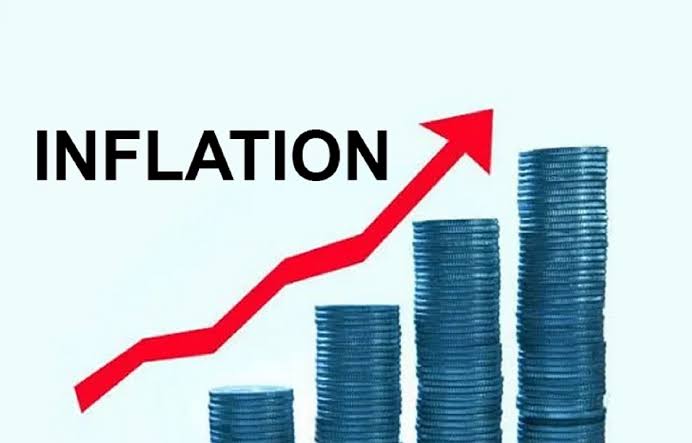





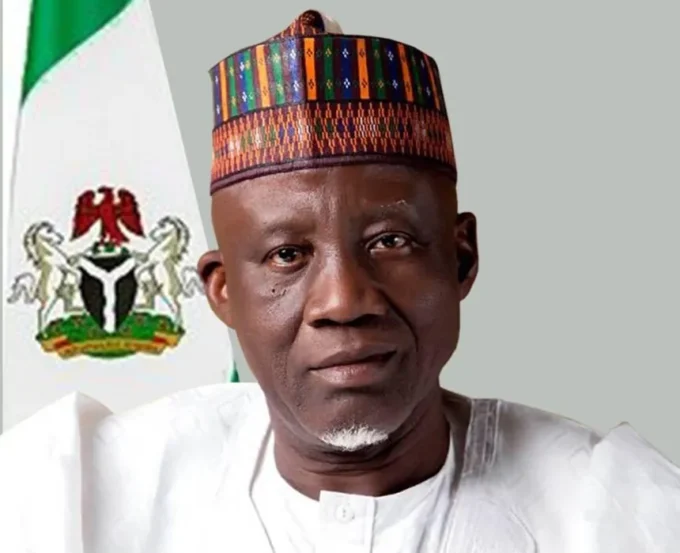
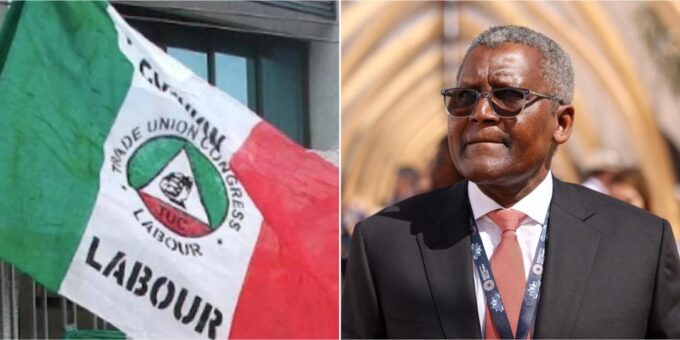
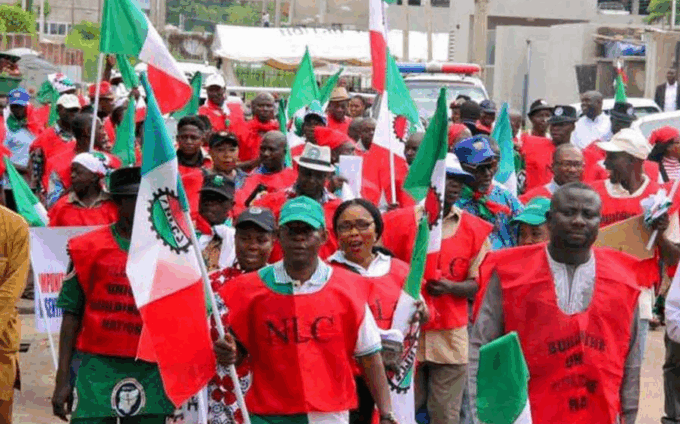
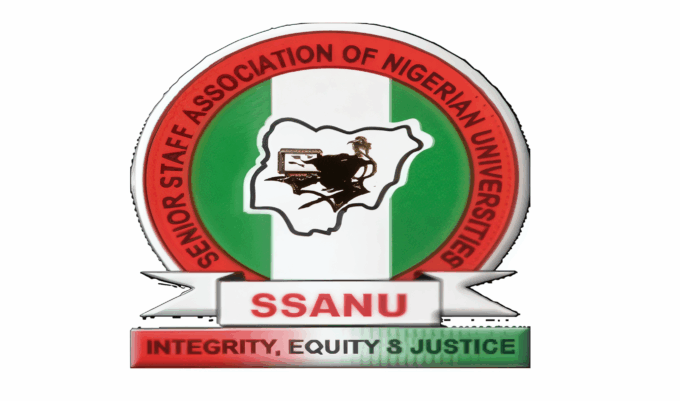




Leave a comment